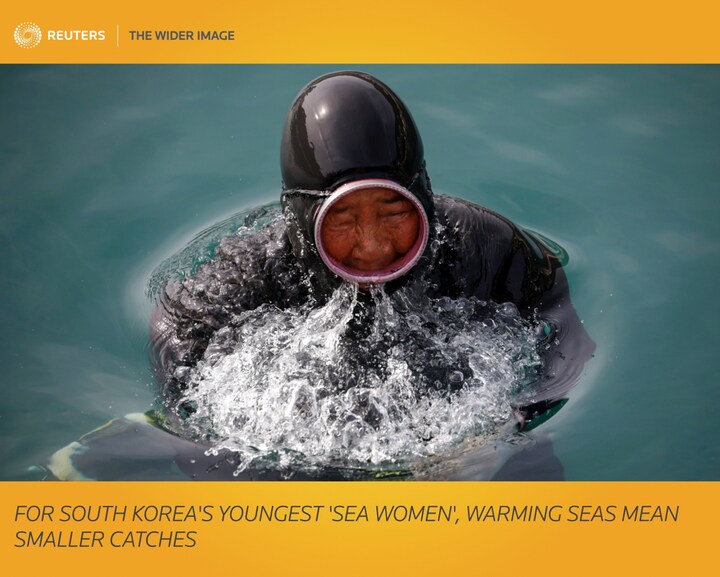En sød lille Svensk skovhund hvalp
Et nulla perferendis. Maiores eum iusto. Laboriosam sed est.
Adipisci quas quia. Odit ipsa quae. Impedit sunt facere.
Illum vero fugit. Autem officia adipisci. Tempore asperiores ut.

Et nulla perferendis. Maiores eum iusto. Laboriosam sed est.
Adipisci quas quia. Odit ipsa quae. Impedit sunt facere.
Illum vero fugit. Autem officia adipisci. Tempore asperiores ut.